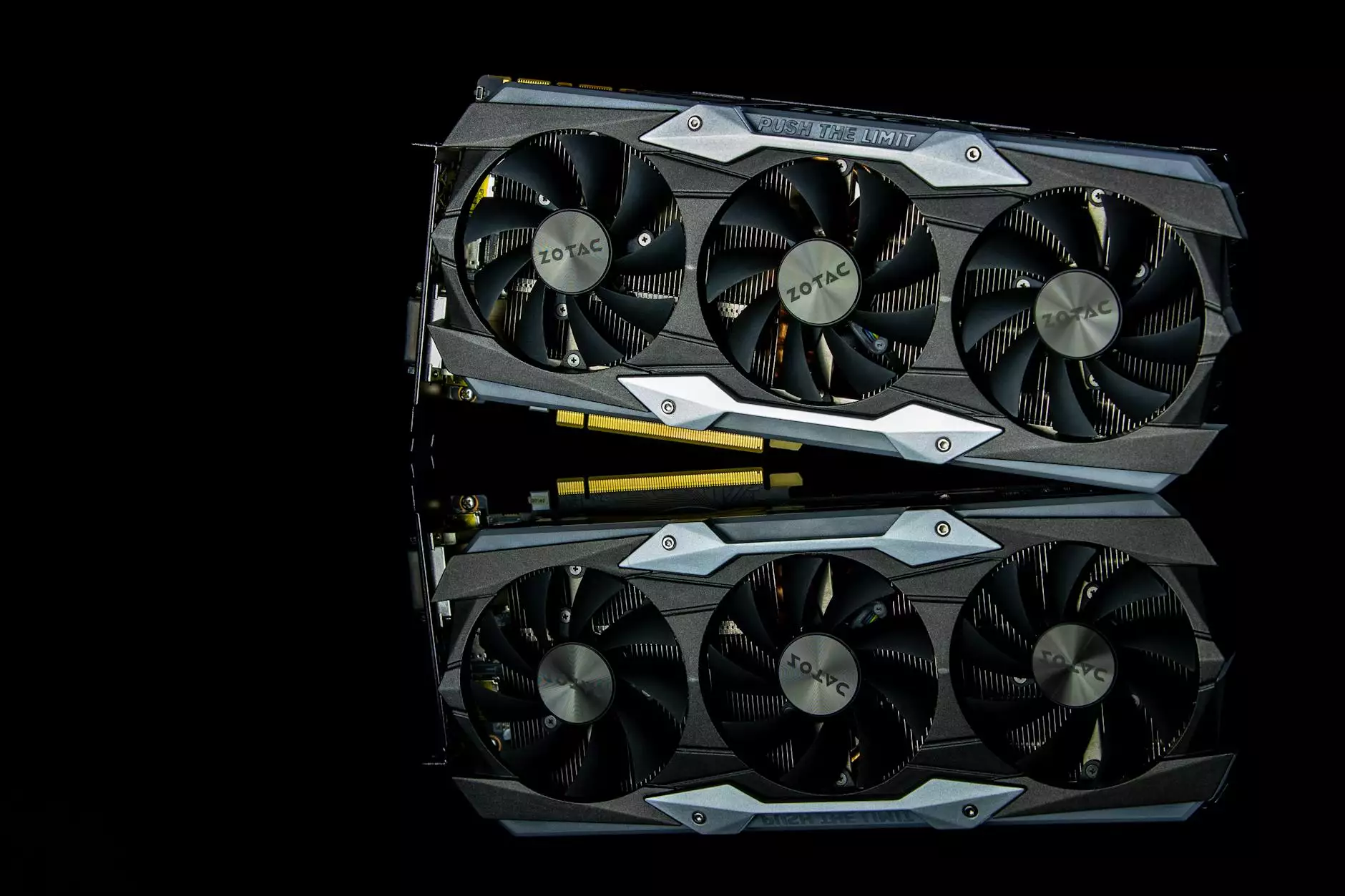Understanding Oil Seals in Car Engines: Importance, Types, and Maintenance

Introduction to Oil Seals
In the intricate world of automotive engineering, oil seals play a pivotal role, especially in car engines. These small yet significant components are responsible for preventing oil leaks and maintaining the overall efficiency of the engine. Without properly functioning oil seals, your vehicle can suffer from decreased oil levels, leading to serious damages and costly repairs. This article delves into the various aspects of oil seals in car engines, their importance, types, maintenance, and more.
The Role of Oil Seals in Car Engines
Oil seals, also known as shaft seals, are designed to retain the lubricant within the engine while keeping contaminants at bay. The primary functions of oil seals include:
- Preventing Oil Leaks: A well-installed oil seal ensures that engine oil remains contained, preventing leaks that can lead to oil loss and engine wear.
- Protecting Engine Components: Oil seals provide a barrier against dirt and debris, preserving the integrity of critical engine components.
- Maintaining Optimal Lubrication: By sealing in the oil, these components facilitate better lubrication, which is essential for the smooth operation of engine parts.
Types of Oil Seals
Various types of oil seals are used in automobile engines, each with its design and function. Here are the most common types:
1. Radial Oil Seals
Radial oil seals are the most commonly used type and are designed to fit around rotating shafts. They feature a rubber body that maintains a tight seal against the shaft, preventing oil from escaping.
2. Axial Oil Seals
Axial oil seals are designed to seal around stationary parts and are usually found at the ends of crankshafts and camshafts. They help prevent oil from leaking in applications where the motion is primarily axial.
3. Oil Seal with Spring
These seals feature a metal spring that applies pressure to the sealing lip, providing better sealing capabilities and enhancing durability against high-speed rotations.
4. Non-Rotating Oil Seals
Non-rotating oil seals are primarily used where the shaft does not rotate. These seals provide static sealing and are often found in hydraulic applications.
Identifying Oil Seal Issues
Understanding common signs of oil seal failure can help you maintain your engine's health. Here are key indicators:
- Oil Leaks: One of the most obvious signs is oil pooling under your vehicle. This indicates a failure in one or more oil seals.
- Oil Pressure Issues: Fluctuations in oil pressure can suggest that oil is escaping due to worn-out seals.
- Contamination: If dirt and debris are entering the engine, it may be due to ineffective seals.
Importance of Choosing Quality Oil Seals
Using high-quality oil seals is crucial for the longevity of your engine. Here’s why:
- Enhanced Durability: Quality materials can withstand extreme temperatures and pressures, ensuring long-lasting performance.
- Improved Sealing Performance: High-quality seals fit better and minimize the risk of leaks, keeping your oil where it belongs.
- Cost Efficiency: Investing in quality seals can prevent the need for frequent replacements, saving you money in the long run.
Maintenance Tips for Oil Seals
To ensure the proper functioning of oil seals, regular maintenance is essential. Here are some effective tips:
- Regular Oil Changes: Keeping your engine oil clean and at the proper level can greatly affect oil seal longevity.
- Inspect for Wear: During routine maintenance, inspect oil seals for signs of wear, cracks, or deformation.
- Use OEM Parts: Whenever possible, use original equipment manufacturer (OEM) oil seals to maintain the quality and compatibility with your engine.
- Monitor Engine Performance: Keep a close watch on your engine's performance and address any oil pressure issues promptly.
Choosing the Right Supplier for Oil Seals
When searching for oil seals for your vehicle, choosing a reputable supplier is essential. Client-Diesel.com, a leader in diesel engine parts and spare parts, offers a wide range of high-quality oil seals tailored to meet your needs. Here’s what to consider when selecting a supplier:
- Reputation: Look for suppliers with positive reviews and a solid reputation in the industry.
- Product Range: A diverse selection of products indicates an established supplier with experience in the market.
- Customer Support: Choose suppliers who offer excellent customer service, as this can assist you in finding the right parts for your vehicle.
- Warranty and Return Policy: A good warranty and return policy demonstrate the supplier’s confidence in their products.
Conclusion
In conclusion, oil seals in car engines are not just minor components; they are critical for maintaining your vehicle’s performance and longevity. Understanding their importance, the types available, and how to maintain them can empower car owners to take better care of their engines. By choosing high-quality oil seals and working with reputable suppliers like Client-Diesel.com, drivers can ensure they keep their vehicles running smoothly for years to come. Regular maintenance and timely replacements of oil seals will lead to a more efficient and reliable engine, ultimately enhancing your driving experience.
For more information about oil seals and a comprehensive range of diesel engine parts, visit client-diesel.com.
oil seal in car engine








